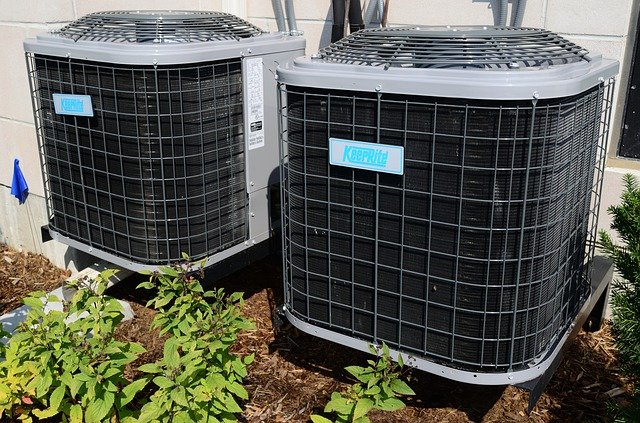
When it comes to creating a comfortable living environment, few things are as essential as effective heating and air conditioning systems. The rhythm of our daily lives often hinges on the temperatures of our homes, workplaces, and even our vehicles. Extreme heat can drain our energy and focus, while the bitter cold can leave us feeling isolated and uncomfortable. That’s where the mastery of heating and air conditioning comes into play, allowing us to take control of our indoor climates.
This comprehensive guide is designed to equip you with the knowledge you need to navigate the world of HVAC systems. From understanding different heating methods to exploring the latest air conditioning technologies, we will cover every aspect that contributes to your home comfort. Whether you’re looking to upgrade your current system, address maintenance issues, or simply learn more about maximizing energy efficiency, this guide is your one-stop resource for mastering comfort all year round.
Understanding HVAC Systems
Heating, ventilation, and air conditioning, commonly referred to as HVAC, is an essential system in modern homes and buildings. HVAC systems are designed to provide comfort by regulating indoor temperature, humidity, and air quality. The heating aspect of the system typically involves furnaces or heat pumps, which generate warmth during colder months. Air conditioning, on the other hand, cools spaces when temperatures rise, ensuring a comfortable environment year-round.
HVAC systems can vary significantly in design and complexity. For instance, some buildings may utilize a centralized system that distributes air through ductwork, while others may employ individual units such as window air conditioners or portable heaters. The choice of system often depends on the size of the space, climate conditions, and specific comfort needs of the occupants. Understanding the layout and components of these systems is crucial for effective maintenance and optimal performance.
Efficiency is another vital aspect of HVAC systems. Modern technologies have greatly improved energy efficiency, leading to reduced utility bills and a smaller carbon footprint. Features like programmable thermostats, variable-speed fans, and advanced filtration systems help enhance performance and comfort. By familiarizing yourself with the types of systems available and their efficient operation, you can make informed decisions to elevate your indoor environment.
Energy Efficiency Tips
Improving energy efficiency in heating and air conditioning systems can significantly reduce costs and enhance comfort in your home. One of the most effective methods is to ensure that your HVAC system is regularly maintained. This includes changing air filters consistently and scheduling professional inspections at least once a year. Clean filters allow for better airflow, while regular check-ups can catch any issues that may cause your system to work harder than necessary.
Residential heating and cooling solutions
Another tip involves using a programmable or smart thermostat. These devices allow you to set specific temperature schedules based on your lifestyle, reducing energy consumption when you’re not home. For example, you can lower the temperature or turn off the air conditioning during the day when the house is empty, and have it warm up or cool down before you return. This feature ensures you’re comfortable when needed without wasting energy.
Lastly, consider sealing any air leaks in your home. Drafts around windows, doors, and ductwork can cause your heating and cooling systems to work overtime. Using weather stripping or caulk to seal these leaks can help maintain your home’s temperature more effectively. Additionally, proper insulation in attics and walls contributes to a more energy-efficient environment, leading to lower utility bills and increased comfort year-round.
Maintenance and Troubleshooting
Regular maintenance is essential for ensuring the efficiency and longevity of your heating and air conditioning systems. At the start of each season, check and replace filters to enhance airflow and indoor air quality. Dirty filters can strain the system, leading to higher energy bills and potential breakdowns. Additionally, cleaning the outdoor unit and ensuring that the vents are not obstructed will help maintain optimal performance. Consistent upkeep can prevent minor issues from escalating into costly repairs.
If you encounter any problems with your heating or air conditioning system, start with some basic troubleshooting. Check the thermostat to ensure it is set correctly and is functioning properly. Make sure the power supply is stable and check the circuit breakers. If your unit is not cooling or heating as expected, inspect the ductwork for leaks or blockages. Often, small tweaks or fixes can resolve issues without needing professional intervention.
However, some problems may require the expertise of a technician. If you notice unusual noises, persistent temperature inconsistencies, or frequent cycling on and off, it might be time to call in a professional. Regular inspections can identify and resolve underlying issues before they become major repairs, ensuring that your heating and air conditioning systems operate smoothly year-round.